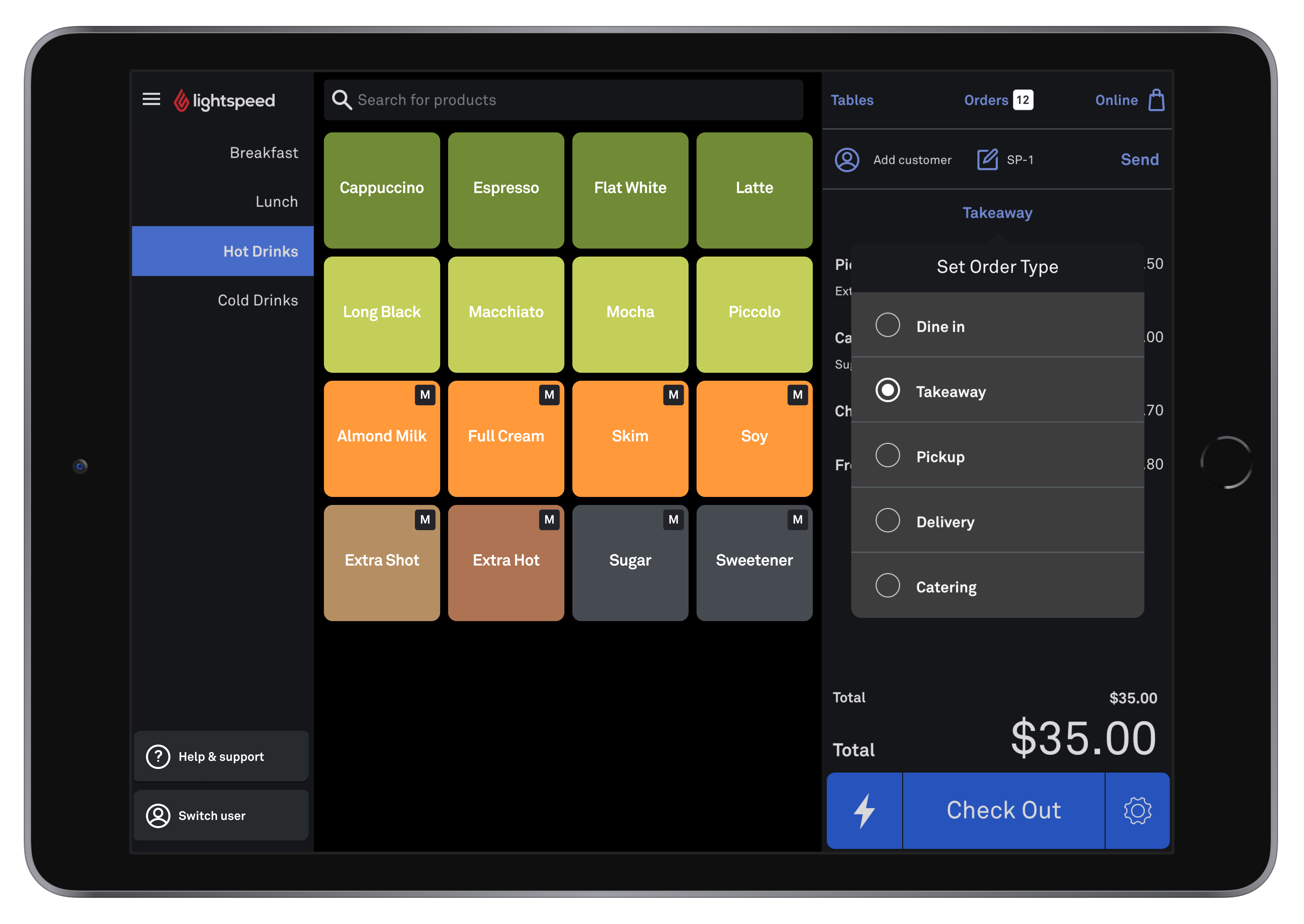In fast-paced commercial landscape, the function of a Point of Sale system has evolved significantly, transitioning from a traditional cash register to a multifaceted tool crucial for sales, analytics, and overall business management. Grasping the nature of a POS system is and how it functions can significantly influence how businesses run, be it in retail, hospitality, or online e-commerce. As companies strive to boost customer experiences, simplify operations, and leverage data for strategic decision-making, the adoption of modern POS systems has emerged as a necessity rather than a luxury.
Gone are the times when POS systems were limited to managing transactions. Today’s solutions offer a wide array of features, such as stock control, customer relationship management, and detailed analytics, providing enterprises with critical insights to drive growth. As we examine the progression of these systems and discuss their benefits, it will emerge how they are changing businesses across numerous industries, making them more intelligent, less wasteful, and more responsive to customer needs. Whether you are a independent business owner looking for flexible options or a dining manager seeking niche features, comprehending the capabilities of a POS system can set you for success in an ever more competitive market.
Comprehending POS Systems
Point of Sale systems, or Point of Sale systems, serve as the backbone of retail and hospitality transactions in retail and service environments. More Bonuses allow businesses to process sales, control inventory, and record customer data, in real time. A POS system typically includes physical components such as cash registers, barcode scanners, and card readers, along with applications that manage transactions and produce reports. Understanding how these systems work is crucial for any business seeking to improve efficiency and customer service.
The development of POS systems from traditional cash registers to modern cloud-based solutions has significantly transformed how businesses operate. Current systems offer features like inventory management, sales performance analysis, and CRM integration. These improvements enable businesses to not just process transactions but also gain insights into buying patterns and customer preferences, allowing for more insightful decision-making.
Choosing the best POS system can greatly impact a business's overall performance. Factors such as the specific needs of the industry, scalability, and ease of use should guide the selection process. As businesses evaluate various options, grasping the benefits and features of modern POS systems becomes crucial in making certain they choose a solution that enhances both their operations and customer experience.
Determining the Appropriate POS System
Identifying the appropriate POS system for your business involves comprehending your individual needs and operational requirements. Begin by evaluating your industry and the specific challenges you face, whether in retail, hospitality, or e-commerce. Identify features that will enhance your business efficiency, such as inventory management, customer relationship management integration, and reporting capabilities. Consider if you need a mobile POS to facilitate sales on the go or a cloud-based solution for easy access and scalability.

Next, examine the budget you have designated for a POS system. Different systems come with varying pricing models, including upfront costs, monthly subscriptions, and transaction fees. It's essential to evaluate the total cost of ownership over time, keeping in mind both initial investments and ongoing expenses related to software updates, hardware maintenance, and customer support. Look for options that offer versatility in scaling your solution as your business grows.
In conclusion, ensure that you emphasize user experience and staff training when choosing a POS system. The system you choose should be intuitive and easy to navigate, minimizing the learning curve for your employees. Investing in a system that provides comprehensive training resources and reliable technical support will enhance productivity and employee confidence. By taking into account these factors, you can select a POS system that not only meets your current business needs but also positions you for future growth and success.
Guaranteeing Security and Compliance
As organizations increasingly depend on POS systems, securing the safety and compliance of these systems has turned into a high priority. Cyber risks are constantly evolving, and protecting customer information and transaction data is essential. Utilizing robust safety measures, such as E2E encryption and tokenization, can help safeguard sensitive data from possible breaches. Additionally, regular security audits and updates are necessary to address vulnerabilities and adapt to new threats in the digital landscape.
The Payment Card Industry Data Security Standard (PCI DSS) mandates strict compliance for companies that process credit cards. Familiarizing yourself with these standards is important to avoid hefty fines and brand damage. Compliance involves implementing designated security protocols, upholding a secure network, and regularly testing security systems. Ensuring that your POS system meets these requirements not only safeguards your business but also instills trust in your customers.
Educating staff on security best practices is just as crucial as technical measures. Employees should comprehend the importance of safeguarding customer data and be cognizant of frequent security risks, such as phishing scams and data breaches. Ongoing training and awareness programs can empower your team to take an active role in maintaining security, ultimately contributing to a more safe POS environment that benefits both your business and your customers.
